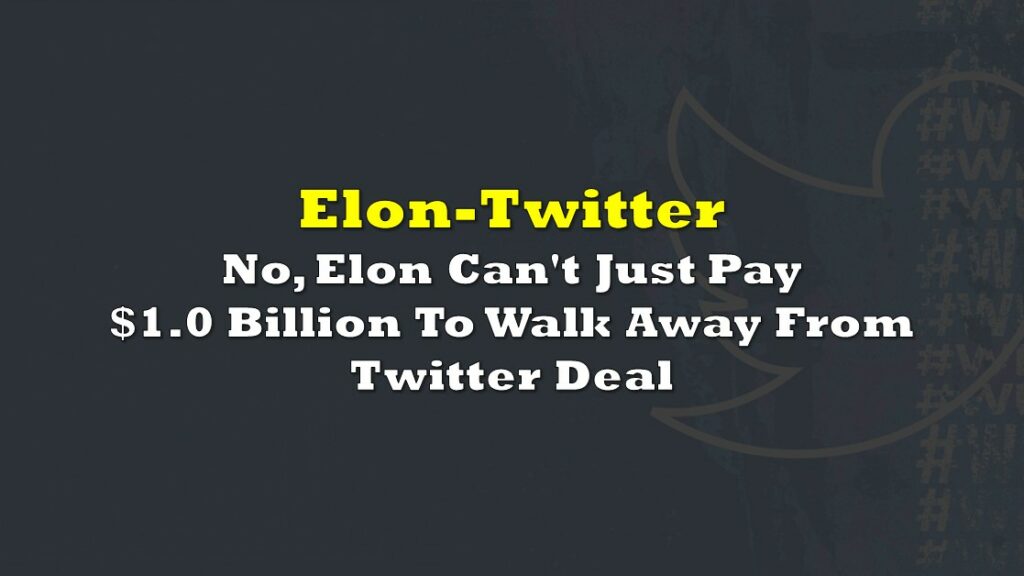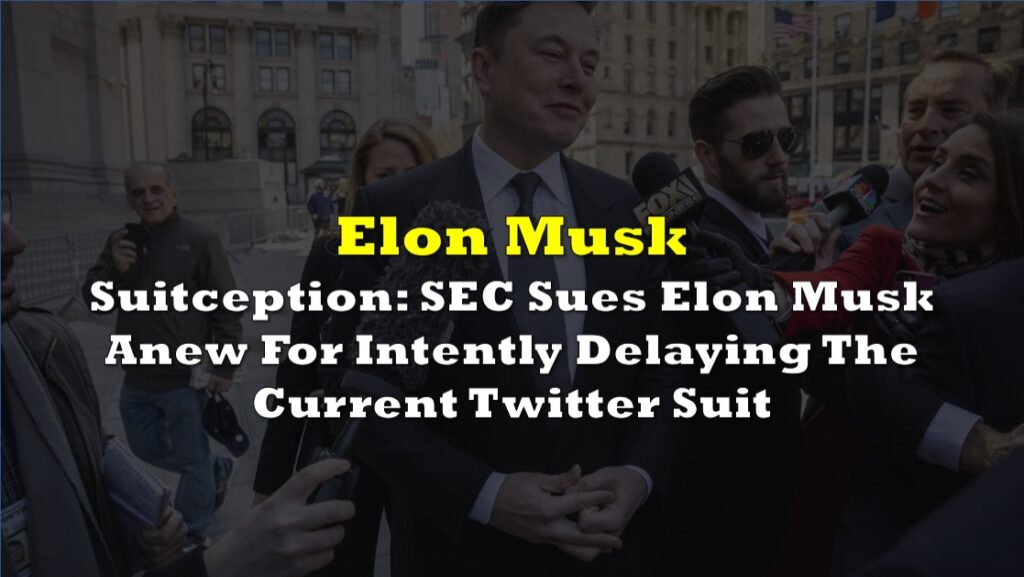Elon Musk continues to reshape industries and push boundaries, this time with ambitions extending deep into U.S. government operations. Musk could be part of a tech-driven consortium aiming to secure Pentagon contracts, signaling a potential shift in the defense landscape. This move comes amid his incoming controversial leadership of the Department of Government Efficiency (DOGE) under the Trump administration and increasing political influence, raising questions about his role in both the private and public sectors.
A consortium of tech firms led by Palantir Technologies (NYSE: PLTR) and Anduril Industries, is bidding to disrupt the traditional military-industrial complex. Their goal: seize a larger share of the $850 billion U.S. defense budget. Other companies reportedly in talks include Musk’s SpaceX, OpenAI, Scale AI, and autonomous-ship builder Saronic.
The consortium, which plans to announce its formal structure in January, aims to challenge long-standing defense contractors like Lockheed Martin (NYSE: LMT), Raytheon (NYSE: RTX), and Boeing (NYSE: BA).
“We are working together to provide a new generation of defense contractors,” said an anonymous source close to the consortium.
The partnership leverages advanced artificial intelligence, autonomous systems, and cloud-based data processing to modernize defense capabilities, aligning with the Pentagon’s push for innovation. Palantir’s AI platform, for example, is being integrated with Anduril’s autonomous systems to provide cutting-edge tools for national security.
Elon Musk is part of a consortium to win Pentagon contracts & supplant the old military-industrial complex – and he’s also in charge of govt efficiency. The fox is running the hen house. https://t.co/SZAzHv4UlO
— EdwardLuce.bsky.social (@EdwardGLuce) December 23, 2024
Tech Giants Turn to Military AI
This consortium comes as geopolitical tensions rise, from the war in Ukraine to U.S.-China relations. Advanced AI products are in high demand for military applications.
“Ensuring the Department of Defense has access to the most advanced and safe AI-driven technologies is critical to national security,” a joint statement from Anduril and OpenAI said earlier this month.
Palantir has already seen its stock price surge by 300% in the last year, buoyed by its defense contracts and a growing market capitalization of $169 billion. Similarly, SpaceX, valued at $350 billion, and OpenAI, worth $157 billion, have drawn attention from investors betting on higher federal spending on space and security.
While bidding for defense contracts, Musk is also spearheading the newly formed Department of Government Efficiency (DOGE), an initiative under U.S. President-elect Donald Trump’s administration. DOGE’s mission is to streamline government operations, a task Musk has approached with his characteristic boldness.
DOGE recently posted a controversial job listing seeking “super high-IQ small-government revolutionaries” willing to work long hours without pay. Applications, Musk tweeted, would be reviewed personally by him and DOGE co-chair Vivek Ramaswamy. Critics have slammed the initiative as exploitative, with detractors like Vermont Senator Bernie Sanders labeling Musk’s actions as emblematic of “billionaire overreach.”
Musk’s Expanding Influence
Musk’s growing influence in both public policy and private enterprise has drawn sharp criticism. Some lawmakers now sarcastically refer to him as “President Musk,” noting his sway over Congress and policy decisions.
“Is he going to own the United States before it’s all over?” asked Ohio Representative Marcy Kaptur.
Critics argue that Musk’s involvement in defense and government roles represents a troubling consolidation of power. New York Representative Dan Goldman warned, “It’s one thing when you have Donald Trump governing by tweet… but now you have Elon Musk, an unelected oligarch, governing by tweet.”
The potential success of Musk’s consortium could disrupt the defense industry, traditionally dominated by decades-old primes. Silicon Valley’s focus on smaller, cheaper, and more autonomous weapons systems reflects a modern approach to warfare, but also raises ethical concerns.
“Who will oversee the oversight?” asked one analyst, highlighting the lack of transparency in Silicon Valley’s push into defense.
Information for this story was found via Financial Times and the sources and companies mentioned. The author has no securities or affiliations related to the organizations discussed. Not a recommendation to buy or sell. Always do additional research and consult a professional before purchasing a security. The author holds no licenses.









